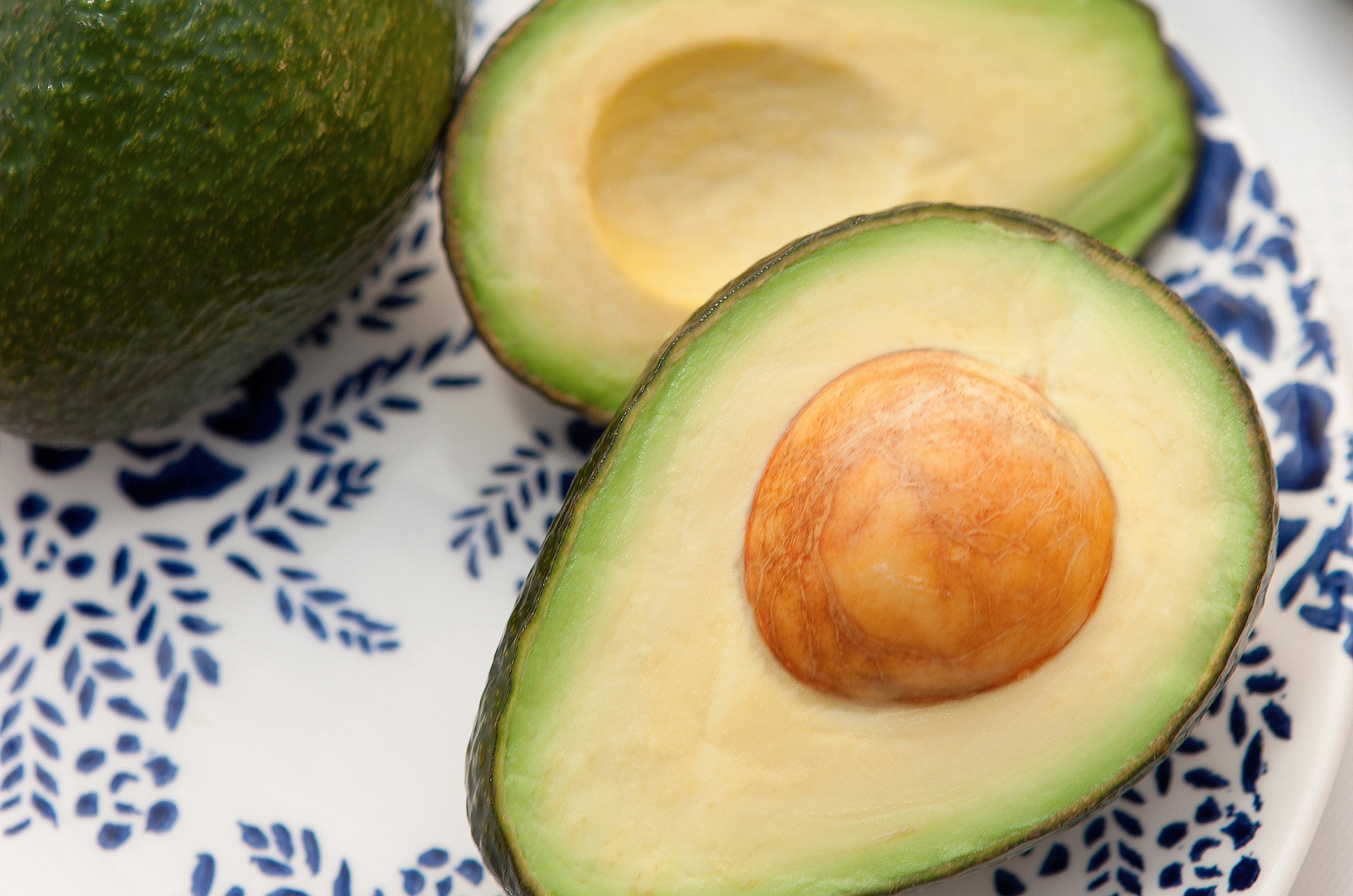Do you ever plan out how to add fat into your diet? When it comes to meal planning, we often think through a lean protein, complex carb, and fruits/veggies but do you ever think about how you will include healthy fat? While many people may naturally assume that they will automatically get fat through their food (like meats and dairy) it would be wise to be intentional about what types of fats you are including.

Exciting new research demonstrates that certain types of fats play a big role in diabetes prevention and improving insulin sensitivity. This is not only good but great news for Diabetics AND everyone else. Diabetics are constantly juggling their blood sugars, trying to control and improve them to prevent further damage to blood vessels and co-morbidities like cardiovascular disease. However, those without diabetes also need to be keenly aware that their current food and lifestyle choices dramatically affect their risk for diabetes in the future. There are over 8.1 million people who are living with diabetes and don’t even know it according to the CDC (statistics as of 2014).
In this newly released meta-analysis research study that included over100 different clinical trials, it evaluated how different types of fats and carbohydrates affect the development of diabetes, including serum glucose, and insulin resistance/sensitivity. Not only did it look at fat, but different types of fat including monounsaturated fats (MUFAs), polyunsaturated (PUFAs), and saturated fats (SFAs). The results demonstrated
“substituting carbohydrate and saturated fat with a diet rich in unsaturated fat, particularly polyunsaturated fat, was beneficial for the regulation of blood sugar.”
This study is fantastic news because it removes the fear that some people have of including fats in their diet. Fat included in the meal helps create satiety (the feeling of fullness) which is also really good news because nobody wants to feel hungry all the time or an hour after eating. However, sound bites in the media and on the news regarding studies like these can be dangerous. They are often lacking all of the details and may give the wrong impression. One of the keys in nourishing our bodies is looking at the big picture instead of glorifying or demonizing any one nutrient or food.
Here are a few things to know and consider…
- The research review shows that a diet rich in monounsaturated and polyunsaturated fats instead of rich in refined carbohydrates and saturated fats improves blood sugar control. This means that intentionally including healthy fats (rich in MUFAs and PUFAs) like avocado, nuts and nut butter, seeds, fatty fish (like salmon, tuna) olive and canola oils to your meals in place of whole fat dairy, red meats, and processed carbohydrates can improve your blood glucose.
- Remember that all fats have calories- actually, more than double the calories per gram compared to protein and carbohydrate. So, simply adding them to your meals while continuing to eat the same foods/portions may contribute to increased calories and thus, weight gain. In other words, if you add a few swirls of olive oil to your next meal, you are only adding calories unless you account for them in other ways.
- There are many different types of fats so any nutrition plan that says to eat more or less is leaving out details on how much to eat and what type. This study shows that mono- and poly- unsaturated fats can have a positive effect on glucose control and insulin sensitivity, but saturated fats do not have this positive effect. Therefore, to the dismay of many, including my husband, this study is not a free card to eat bacon, ice cream or steak to heart’s delight.
- Don’t forget the importance of balance. Every single meal aim to include protein, healthy fat and complex (unprocessed) carbohydrate. Nutrients work synergistically to energize and nourish our bodies.
Research studies are great because they form a foundation for recommendations, but they mean nothing if we don’t figure out how to apply them. Here are a few ideas for swapping the unhealthy fats for better ones and reducing the processed carbs:
- Trade cheese on a salad for avocado to reduce saturated fat (and calories)
- Try making banana ice cream (like this one) when you are in the mood for a frozen treat
- Baked kale chips (or root chips) in place of fried potato chips
- Make a creamy yogurt dressing with greek yogurt in place of bottled ones
- Crumble baked whole grain crackers in place of croutons (check the labels because a lot of crackers are not actually whole grain)
Every. Single. Day. You have the power to make little choices that define the future of your health. One small substitution. Three bites less. Choosing smart when eating out. Our lives are built on choices.
Intentional choices, again and again, create the future we envision.
TRUTH: Whether you turn to the right or to the left, your ears will hear a voice behind you, saying, “This is the way; walk in it.” —Isaiah 30:21
REFERENCES
Imamura F, Micha R, Wu JHY, de Oliveira Otto MC, Otite FO, Abioye AI, et al. (2016) Effects of Saturated Fat, Polyunsaturated Fat, Monounsaturated Fat, and Carbohydrate on Glucose-Insulin Homeostasis: A Systematic Review and Meta-analysis of Randomised Controlled Feeding Trials. PLoS Med 13(7): e1002087. doi:10.1371/journal.pmed.1002087
